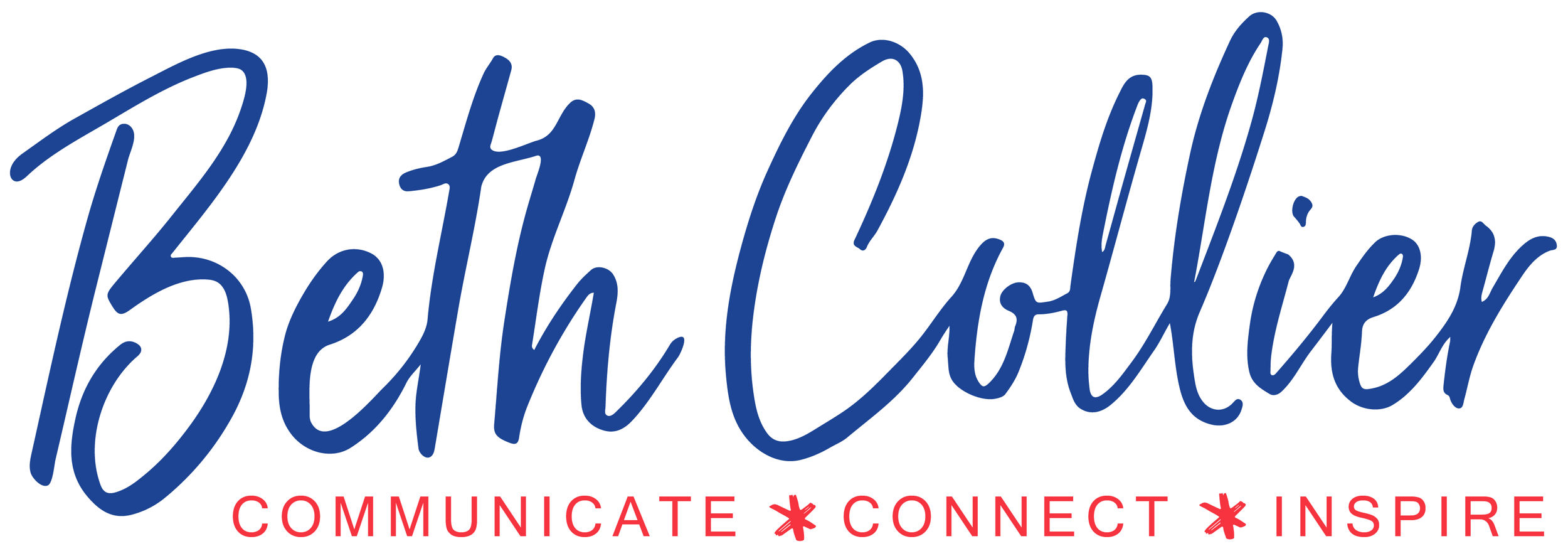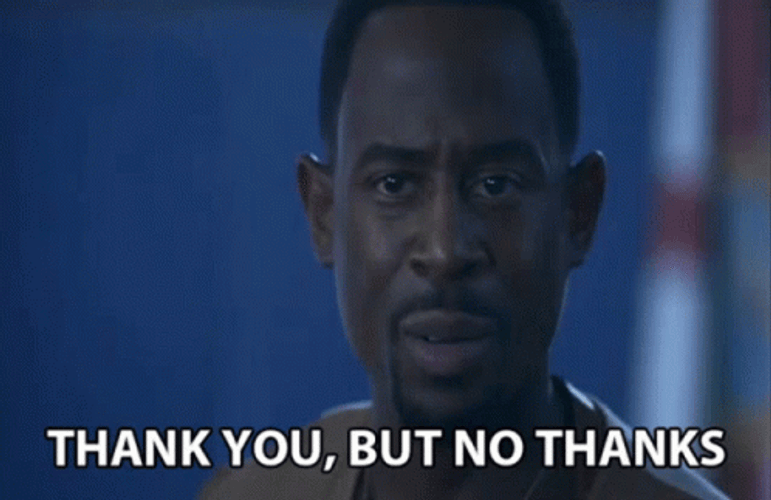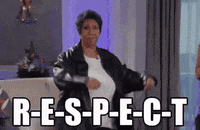Enough of the Ghosting
It’s been a long time since I’ve been single and dating.
But last week, I was ghosted.
Not by a boy I had a crush on – by a company.
But it wasn’t dissimilar to the kind of ghosting that can happen when you’re dating.
We had a great “first date”, or in this case, a conversation about their business problems and how I could help.
And he seemed keen for me to help.
I told him how I’d helped other clients with similar challenges, and talked him through some ideas and options, and followed up with a detailed proposal.
But then …
A few weeks later he emailed and said he couldn’t proceed at this time, but that we should stay in touch.
I was disappointed, but I understood. This can happen, as budgets get tightened or priorities change.
I didn’t take it personally – and moved on to another project.
But unbeknownst to me, he forwarded my details to someone else in the business, who reached out to me two months later.
And my conversation with this person, let’s call him Phil, was great.
“I think you’re just what we need,” he said. “Let’s make this happen.”
“Ideally, I want you to start now,” he added.
But this was the middle of December, and as it was close to Christmas, he suggested I start the second week of January.
I nodded, thinking I was going to have to cancel travel plans I’d already made for that week and the following month.
And I also thought I shouldn’t pursue any other work, as this project would likely occupy a good part of my time for several months.
Phil and I exchanged a few more emails over the next week, and just before Christmas, he said that he was still going through internal processes, and would be in touch again in the New Year.
He didn’t specify which New Year, but I was counting on it being 2024.
Then the New Year came.
I heard nothing the first week.
The second week of January came. Still nothing.
Procurement doesn’t always move quickly (especially in big companies), but I needed to know where things stood.
So I sent Phil an email to ask if there was anything he needed from me to help.
But I got no response.
Another week passed. Still nothing.
So I decided to call.
I got Phil’s voicemail, but did not leave a message.
Then an hour later, my phone rang.
It was Phil – clearly unaware that he was calling me.
“I had a missed call from this number,” he said.
“Hi, it’s Beth Collier,” I said, wishing we were on Zoom so I could see his facial expression at this point.
“I was calling to check in on the status of your project, and see how I could help.”
“Oh,” he stammered. “Well…”
And that’s when I found out that the project wasn’t happening – or at least it wasn’t happening with me.
I was cordial, but when I hung up the phone, I felt angry.
What changed between our last conversation in December and the beginning of January?
Maybe budgets and priorities, but that wasn’t communicated to me.
And while I understand people are busy, how much time would it have taken to pick up the phone (or even send an email) to say a simple, “Thanks but no thanks”?
We are better than this – or we should be
I reached out to share this story with another friend who is owner/operator of his business – and he wasn’t surprised.
Like chasing payments, ghosting is just the reality of doing business these days.
And it’s not just happening to business owners.
Ghosting is now a common occurrence in recruitment – by both job candidates and recruiters.
A survey from 2022 revealed that 4 in 10 people reported getting ghosted after a second or third round interview.
And job candidates are ghosting recruiters right back, in increasing numbers.
But just because more people are doing it doesn’t make it OK.
Ghosting is rude – and it upsets people.
When you ghost someone, it sends a message that you don’t value their time, their efforts, or their feelings.
Or you’re too cowardly to deliver a difficult message.
And how does ghosting align to the core value of “respect” that most companies claim to have?
So here’s my solution:
Every week, carve out 15 minutes in your schedule to communicate with anyone who has invested time with you – either a job candidate or a supplier.
If a decision has not been made yet, send a short note to let the person know – and show that you haven’t forgotten about them.
If you’re no longer interested in working with them (for whatever reason), send them a quick note to say that.
ChatGPT can spit out something to get you started, and then you only have to spend a few minutes tweaking it to make it sound more human.
It won’t take much effort from you, but it may mean a lot to someone else.
This isn’t just about being courteous or professional — it’s about managing your reputation.
And maybe some day, when you’re the person waiting to hear back, someone will show you the same level of care and respect.
We can only hope.
__________________________________________
Beth Collier loves writing, pop culture, and people who are courteous.
She also loves helping companies, leaders, and teams improve their communication (and creativity and leadership) through consulting, coaching, and workshops.
Her clients benefit from Beth’s global corporate experience, Midwestern practicality and enthusiasm, and an endless supply of pop culture references.
To find out how Beth can help you become a more confident, creative, and compelling leader – or improve communication in your company – visit www.beth-collier.com or drop her a line at beth@beth-collier.com
__________________________________________








